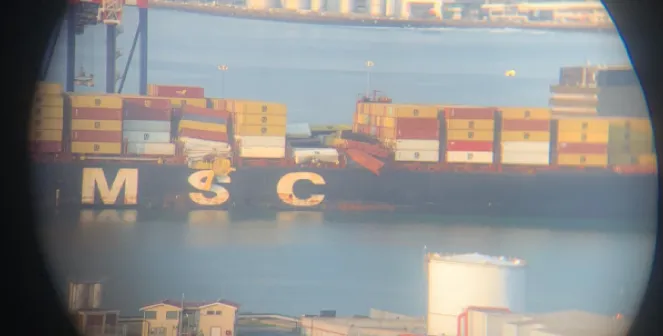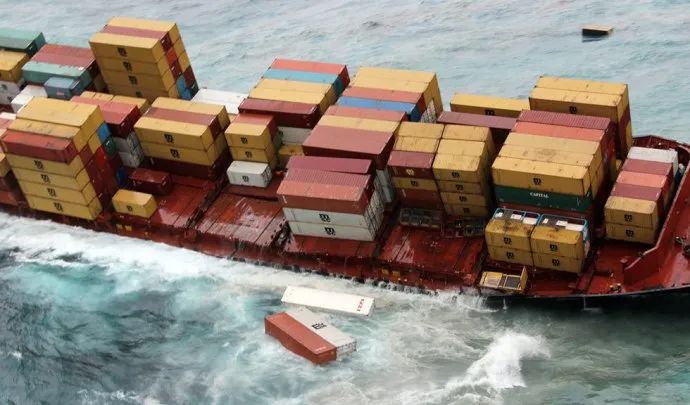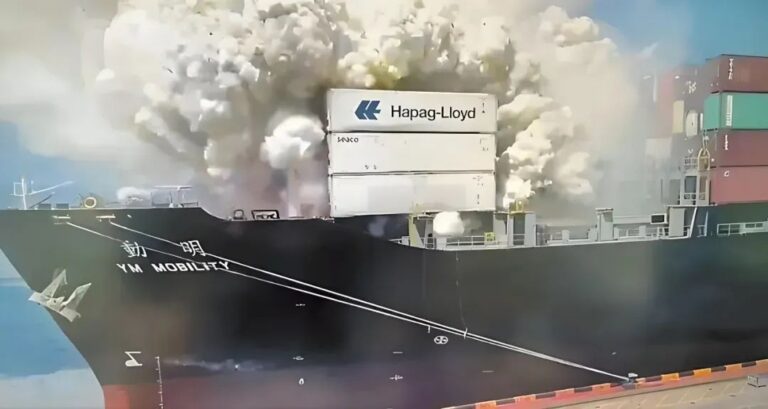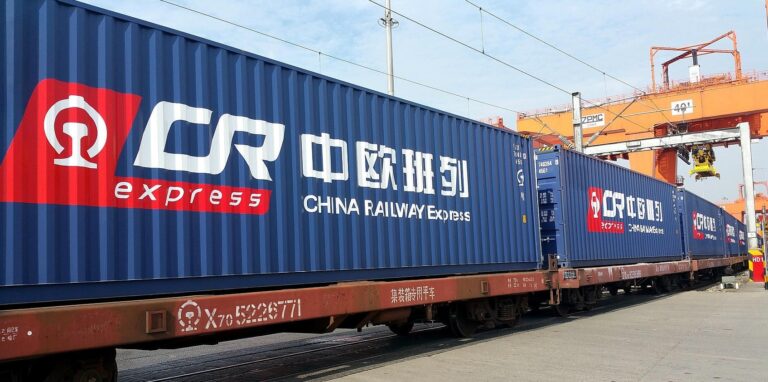46 containers fell into the sea and 305 were damaged
The recent severe weather has indeed had a serious impact on international logistics, especially in Europe and the Americas. As you mentioned, these extreme weather conditions have not only affected land transportation but also caused losses to container ships at sea.

The incident involving the MSC Antonia is particularly noteworthy.
On August 28, this Liberian-flagged container ship encountered a storm while en route from Colombo to New York, resulting in the loss of 46 containers overboard and damage to 305 containers. Fortunately, no crew members were injured, and the ship successfully arrived at Cape Town, South Africa.
According to a statement from the South African Maritime Safety Authority (SAMSA), the ship will undergo a comprehensive inspection and repairs, and a navigation warning has been issued to other vessels to avoid accidents caused by the fallen containers. The weather-related risks, especially when passing through storm-prone areas, pose significant challenges to ship safety and cargo transport.
The “MSC Antonia” has safely arrived at Cape Town. According to a report from SAMSA, the vessel will undergo a full assessment and necessary repairs. It is expected that the damaged containers will be offloaded, and the remaining cargo will be secured.
Information shows that the ship is 304.15 meters long, 40.05 meters wide, with a draft of 14.3 meters. It was built in 2009 and has a capacity of 7,000 TEU. It is currently deployed by MSC on the India-East Coast USA INDUS EXPRESS route, and has recently called at ports such as Khalifa Port, Nhava Sheva, Mundra, and Colombo. As of September 2, the vessel remains at the Cape Town terminal.

Last Friday, SAMSA and insurance investigators discovered up to 19 containers in the waters off the Eastern Cape. SAMSA has not yet been able to determine the ownership of these containers.
It is worth noting that this is the third such incident along the South African coast in recent months. Other cases, such as the loss of containers by CMA CGM BELEM and CMA CGM Benjamin Franklin, further highlight the impact of extreme weather on global shipping. These incidents not only affect shipping companies and cargo owners but may also complicate related insurance claims and cause further disruptions in the supply chain.
In the future, as extreme weather becomes more frequent, the international logistics industry may need to implement more emergency measures and preventive mechanisms to address the uncertainties brought by climate change. Such incidents may prompt shipping companies and the insurance industry to increase investments in risk management and raise standards for shipping route selection and planning.





